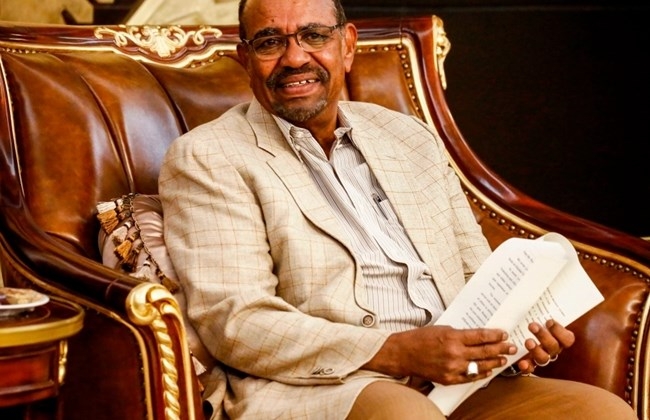Arab fund provides $300m loan to Sudan
Sudan said yesterday it has received a $300-million loan from the Arab Monetary Fund to tackle its foreign currency crisis, a key factor behind protests against President Omar al-Bashir’s rule. Growing anger over soaring food prices and Sudan’s economic woes have triggered nationwide protests since December against Bashir’s three-decade rule. The finance ministry said it signed agreements with the pan-Arab AMF for two loans. “One agreement is for a loan of $230 million and the second is a $70-million facility to buy strategic items,” it said, without giving details.
The agreement was signed by Sudan’s acting Finance Minister Mustafa Hoali and Abdulrahman al-Hamidy, head of the Abu Dhabi-based AMF. Deadly protests erupted in Sudan on December 19 after a government decision to triple the price of bread. The protests turned into widespread demonstrations against Bashir’s rule on the back of mounting anger triggered by years-long economic crisis driven by high inflation and acute foreign currency shortages. Officials say 31 people have died in protest-related violence so far, but Human Rights Watch has put the death toll at 51 including medics and children. The economic crisis has deepened since the secession of South Sudan in 2011 that took along with it the bulk of oil earnings. Protesters accuse Bashir’s administration of mismanaging the economy and not having prepared for the effects of the secession.
Bashir and other Sudanese officials blame a decades-old trade embargo imposed by the United States on Sudan in 1997. The United States lifted the embargo in October 2017, but the much awaited economic recovery has still failed to materialise. Washington, however, has kept Sudan in its list of state sponsors of terrorism, which Sudanese officials say makes international investors wary of doing business with the east African country.
Related Posts

